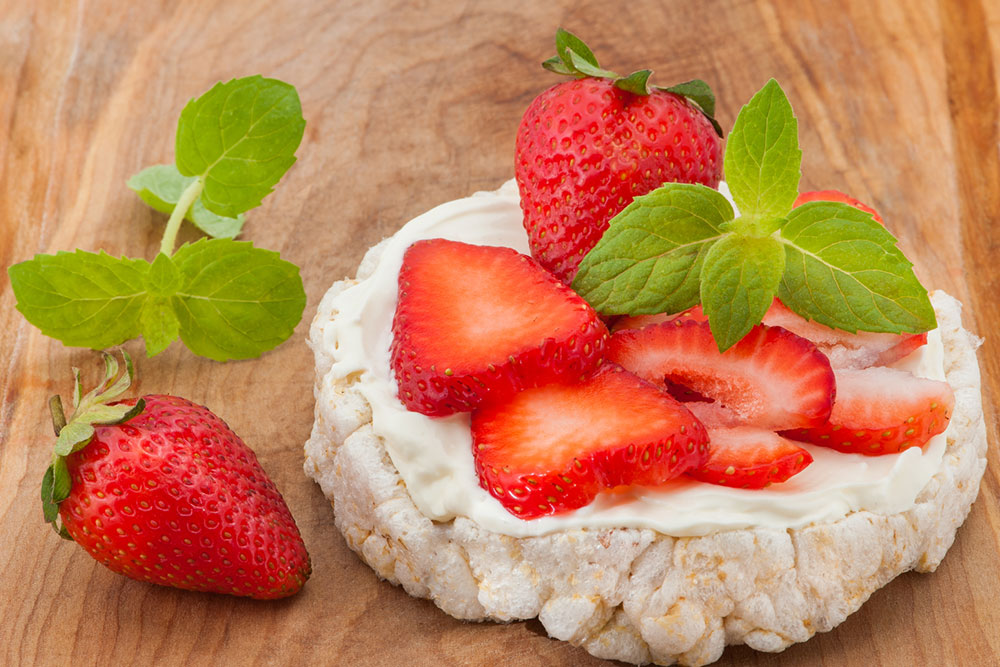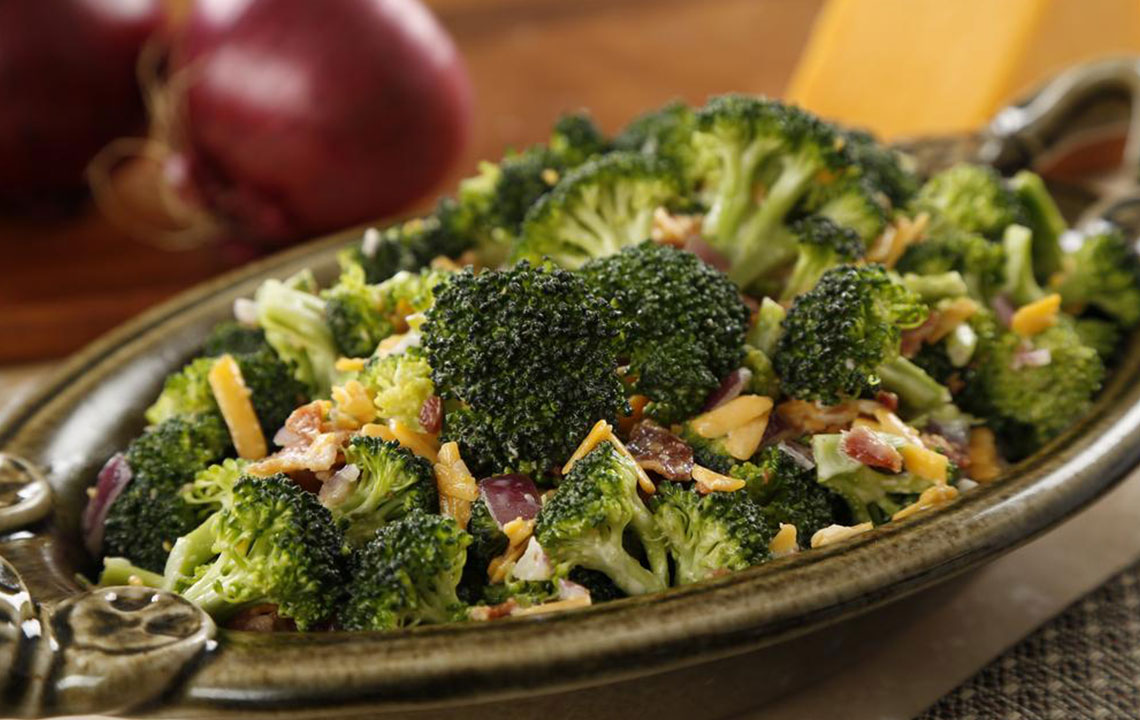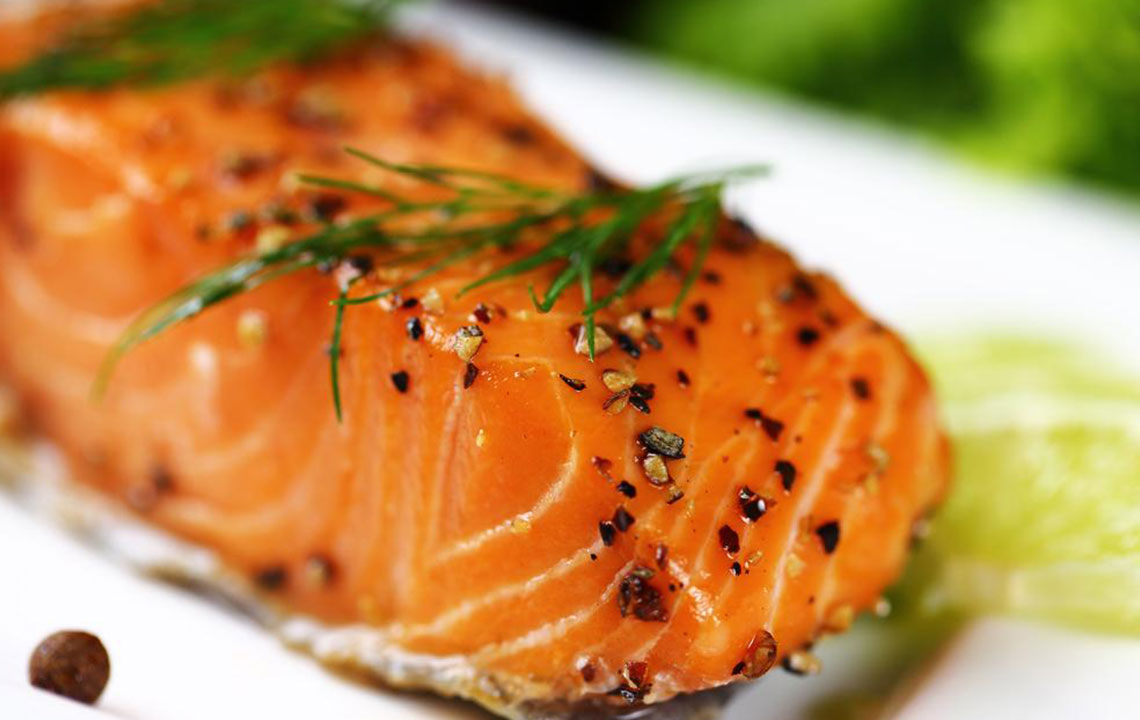Managing IBS: Dietary Tips and Snack Ideas
Discover effective dietary strategies and snack options for managing Irritable Bowel Syndrome (IBS). This guide highlights foods that soothe the digestive system, such as lactose-free dairy, low-fructose fruits, and omega-3 rich fish. Emphasizing cooked vegetables, lean proteins, and herbal teas, these tips aim to reduce symptoms like bloating, cramps, and irregular bowel movements. Consuming the right foods can significantly improve quality of life for those with IBS. Always consult your healthcare provider before making dietary changes to ensure they suit your specific needs.

Managing IBS: Dietary Tips and Snack Ideas
Irritable Bowel Syndrome (IBS) occurs when the large intestine's functions are disrupted, leading to symptoms like abdominal cramps, bloating, and fluctuations between constipation and diarrhea. The bowel habits may change over time, with increased or decreased frequency, and stool consistency can vary from hard to watery. Although the exact cause remains unclear, factors such as infections, food sensitivities, and lifestyle choices contribute. Proper diet plays a crucial role in managing symptoms, emphasizing foods that are gentle on the digestive system.
Here are dietary options and snacks beneficial for those with IBS:
Lactose-free dairy alternatives: Traditional milk contains lactose, which many IBS sufferers find intolerance to. Replacements like oat, soy, or rice milk, along with hard cheeses, Brie, and Camembert—preferably lactose-free—are suitable options. Always check labels for lactose-free labeling.
Vegetables: For a balanced diet, focus on green vegetables. Avoid cruciferous varieties like cauliflower, cabbage, and broccoli, which can disturb bowel habits. Instead, incorporate cooked green beans, carrots, spinach, sweet potatoes, and squash into your meals, as cooking reduces their potential to trigger issues.
Fruits: Fruits high in fructose may trigger symptoms; opt for low-fructose options such as bananas, blueberries, grapefruit, oranges, and strawberries, which are gentler on digestion.
Fish: Rich in Omega-3 fatty acids with anti-inflammatory properties, fish like sardines, tuna, and salmon can help soothe the gut and provide overall health benefits.
Lean proteins: Eggs, chicken, pork, and lean beef are easier to digest and support a nutritious diet suitable for IBS management.
Brown rice: With higher fiber and mineral content than white rice, brown rice promotes regular bowel movements and supports digestive health.
Green tea: Known for its anti-inflammatory benefits and low caffeine levels, green tea can be a calming alternative to coffee or regular tea, which might irritate the gut.










